As petrol scarcity bites harder, tankers waiting to load petrol at depots in Apapa have formed a long queue along Oshodi-Apapa Expressway in Lagos, raising concerns about challenges of supply and safety as accidents could happen with petrol tankers queue on such an important road and business hub.
Prime Business Africa observed that the queue which started building from Apapa last week, extended beyond Cele Bus stop during the weekend. As of Tuesday, 20th August, the queue has reached Iyana-Isolo bus stop. This is a distance of about 9 kilometres.
Join our WhatsApp ChannelSome of the stranded drivers of the trucks and their assistants were seen sleeping either inside the vehicles or under, as they endlessly wait to move down and get supply.
“We have been on this road for more than five days now and may spend more days waiting to reach Apapa and load fuel,” a driver of one of the trucks told Prime Business Africa.
Petrol scarcity which has lingered in the Federal Capital Territory (FCT) Abuja for over one month, intensified during the weekend, spreading to other parts of the country including the nation’s commercial capital, Lagos.
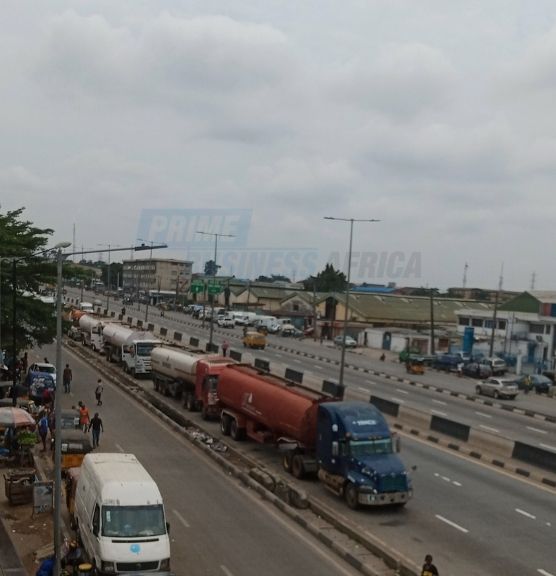
READ ALSO: Fuel Crisis: NNPCL’s Promises Fail To Ease Black Market Surge
Prime Business Africa observed that many filling stations along the Oshodi/Apapa expressway were closed. The outlet that is selling as of Tuesday afternoon is NNPC at Ilasamja, but there is long queue of motorists which extended into the road, causing gridlock around the area.
A litre of the petrol now sells from N850 to N1000 in most outlets in Lagos. A 10-litre jerrycan is now sold between N9,000 and N10,000.
Many commuters waited for hours at bus stops across the state on Monday and Tuesday, as many motorists struggled to get petrol.
The development has consequently led to hike in transport fares within the city. “oga, we are charging higher now because we no see fuel buy. Many filling stations no dey sell now and, the ones that have are selling N900, N950, some even N1,000,” a tricycle operator told Prime Business Africa on Monday morning.
In Abuja, many petrol stations are reportedly selling at N1,000 per litre, while black marketers sell above N1,200.
The situation is not peculiar to Lagos and Abuja. In Enugu, most petrol outlets are now selling between N900 and N950, while black market operators sell above N1,200.
“We are now spending all our money on fuel. They increased price to N900 per litre here last week,” an Enugu-based quantity surveyor, Uchenna Eze told Prime Business Africa via telephone.
READ ALSO: Petrol Pump Price May Hit ₦1000 – Sources
The Nigeria National Petroleum Company (NNPCL) which is the sole importer of the product blamed the situation on distribution challenges and panic-buying.
The national oil company claimed it was addressing the issue, promising that it would be resolved latest by Wednesday.
Despite the assurances, the Independent Petroleum Marketers Association of Nigeria (IPMAN) has said marketers have not been getting enough supply of petrol which has contributed to the scarcity of the product.
IPMAN Chairman, Ore Depot, Engr Shina Amoo, who appeared on Channels Television’s Morning Brief on Tuesday, said their members have not been getting supply from NNPCL for over two years. He said they have relied on private depot owners who sell to them at higher prices and after paying for logistics, they are forced to raise the price in their outlets to recover what was spent.
READ ALSO: Petrol Scarcity Hits Harder As Filing Stations Run Out Of Stock In Lagos
Independent marketers control large number of petrol retail outlets across the country.
He said instead of getting the product from NNPCL at N560, they are forced to buy from private depots at a premium like N800, N850 and N870 per litre.
“All the private depots have been selling to us at the prices they want for years now instead of getting products at ₦560 from NNPC. None of us have been able to get products from NNPC for over 2-3 years,” Amoo stated.
“Instead of getting from NNPC directly, when you pay your draft today, you will end up picking your product between three to five months later. So time would have eroded the profit by the time you get your product.
“So we now prefer to line up at any private depots. I don’t want to mention their names. They sell products to independent marketers at premium of like ₦850, ₦800, ₦870 per litre,” he stated.
He said NNPCL abandoned a distribution pattern that was giving IPMAN members enough supply and now focus on supplying depot owners and major marketers.
He equally attributed the high price to corruption in the downstream, adding that if it is removed, prices would drop.
Victor Ezeja is a passionate journalist with six years of experience writing on economy, politics and energy. He holds a Masters degree in Mass Communication.

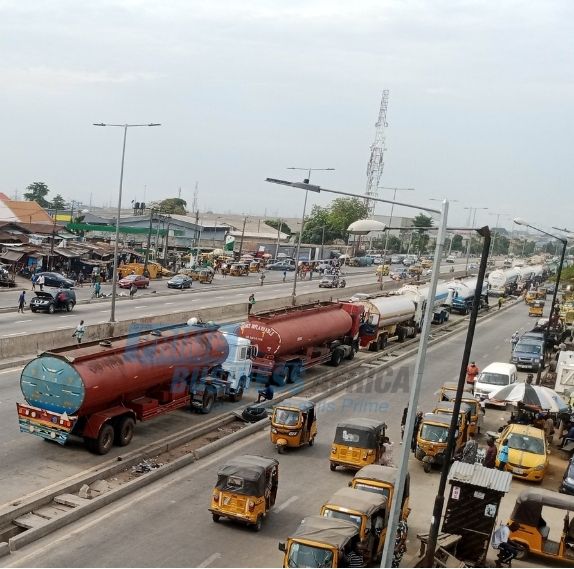



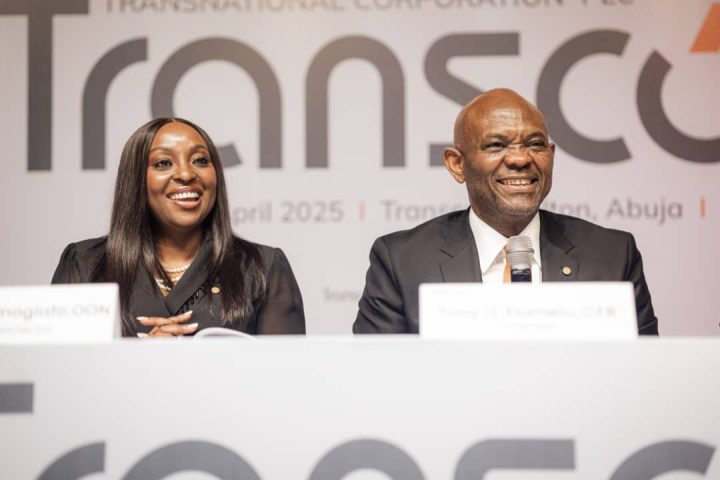

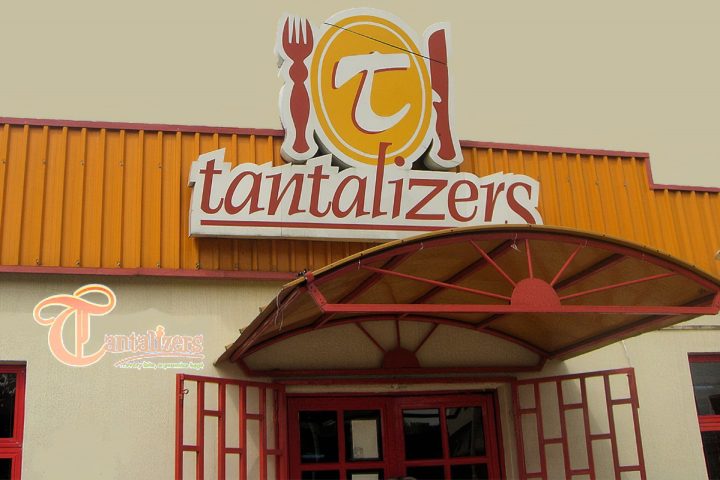






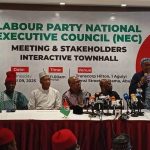

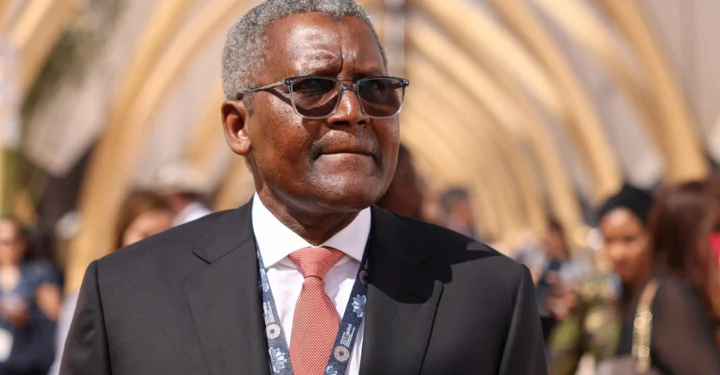
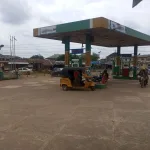
Follow Us